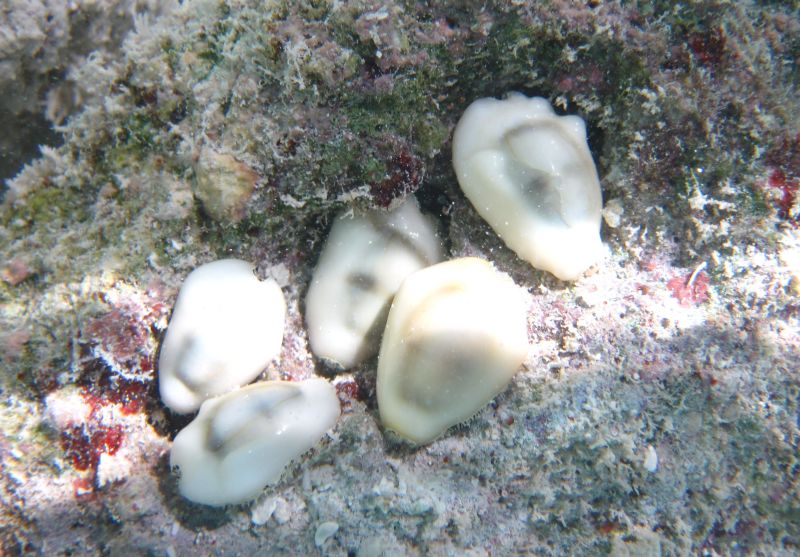
back
The Project
..........Who
..........What
..........How
..........When
Team
To Do
Products
contact us

Please remember to put the text "IPTM" in the object line
of your e-mail.
|
curiosity number 009
Claudio Fanelli
The Kauri
The Hindustani name "Kauri", by which the modern designation of cowries, is simply to mean "small cypraea" and refers, without distinction of species, to Cypraea moneta and Cypraea annulus to within monetary use.
Following several findings in well-dated archaeological sites, it is believed that cowries were used as currency in China since 2000 b.C., before being replaced by small coins forged initially (and this really does smile) in the form of cowrie. Even the most ancient Egyptian tombs have yielded large quantities of cowries, which accompanied the deceased to assure well-being, perhaps even in the afterlife
I "cauri", nome che deriva dal nome indostano Kauri e che significa "piccola cyprea", sono delle piccole cipraee quali la Cypraea moneta e la Cypraea annulus. Esse venivano usate come moneta di scambio. I numerosi ritrovamenti nei siti archelogici fanno ritenere che il loro uso come monete risalga a circa 2000 AC. In seguio sono state sostitite da monete metalliche che, almeno inizialmente, avevano la forma della cypraea. Molti esemplari sono anche presenti in tombe egiziane: si pensa che servissero ad augurare il benessere dei morti anche nellal di lą

|
|
|



